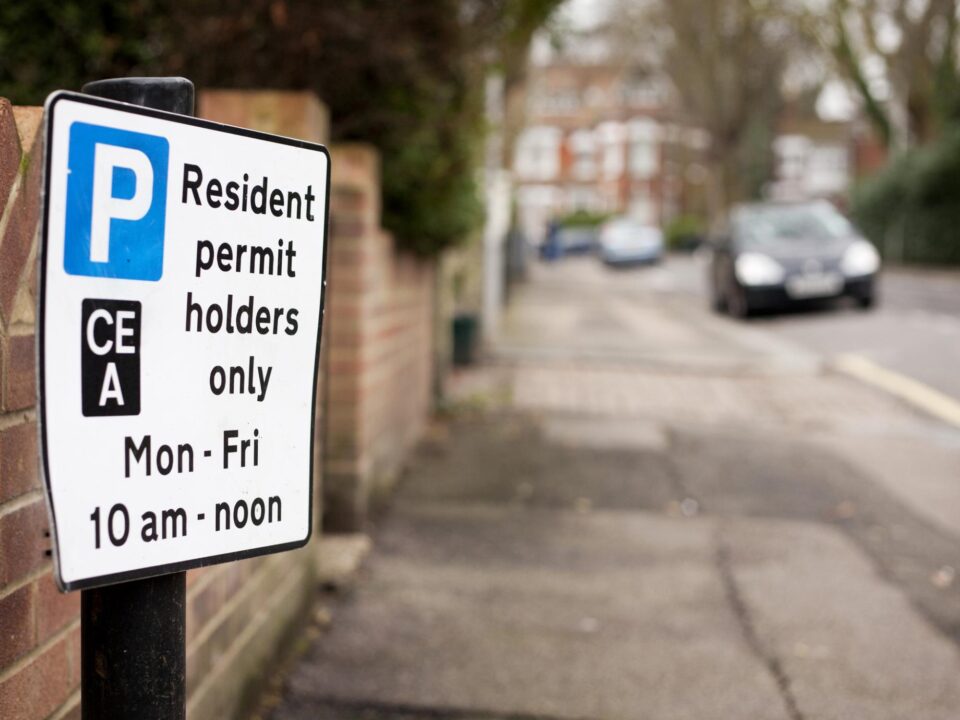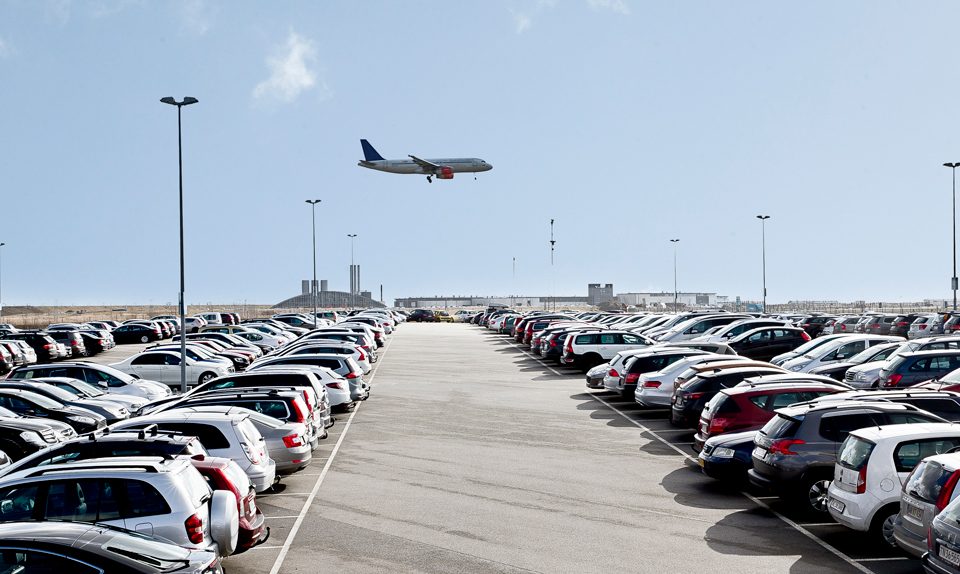Planting Trees That We Won’t Sit Under The Shade Of

In this latest blog, Managing Director Gavin Reddin weighs in on the current world climate, and how the future of it will affect the parking industry.
A couple of years ago I had the privilege of attending the UN conference on biodiversity in Montreal. It is the ‘little brother’ of the UN climate change (COP) gathering and consisted of government officials, scientists, environmental charities and some lobby groups.
It was a sobering few days as the damage to the planet’s biodiversity caused by man-made interventions and the implications of this were laid bare.
It is easy to think of biodiversity as just nice to visit and look it, but without it, our entire support system for human as well as animal life would collapse. We sometimes think we can lose part of it, but the interconnected nature of it means that the impact can be enormous. From mass extinctions of animal life to the destruction of the rain forests the damage to biodiversity affect us all. Loss of biodiversity hinders attempt to manage climate change, disrupts food webs reduces the planets resilience to climate change. A loss of biodiversity undermines the health of the planet and the well-being of human society.
Vast amounts of public money go on infrastructure projects and along with industries (like ours) they do immense damage to the environment, and we need to ensure this changes and money is targeted at reducing and reversing this damage.
Since 1970, in the lifetime of many of us, there has been a decline of 70% in the population of mammals, birds, fish reptiles and amphibians. The causes of this catastrophic loss are multiple, but loss of habitat and pollution to which our industry adversely contributes are two of the main ones. 21% of the world carbon emissions, and urbanisation, in which cars play a huge role account for much of the loss of 420 million hectares of forest since 1990. In addition, cars contribute with other forms of transport to pollution that causes 1.8 billion excess deaths and causes 2 million children to develop asthma.
For us, in this industry it means simply the need for less and less polluting cars, lorries and coaches. It means coming up with the technologies to improve the use of electric vehicles and make them the sensible choice for all. It means innovating around emissions charging, congestion charging, road charging reducing speed limits and creating shared use spaces that de-prioritise use of cars. It means supporting the development of alternative fuels such as hydrogen and other renewable sources. It means promoting eco-driving techniques and encouraging car sharing and car clubs. It means helping the goal of creating of smart cities with transport hubs that rationalise and reduce the number of vehicles and ensure those that exist are carbon neutral. It means taking a stand against road building and innovating and creating digital technologies that reduce emissions. It means contributing to and investing in projects that enhance biodiversity and that make the environment better for all and not just the road user. We should be lobbying for government incentives to adopt environmental plans. As an example of what can be achieved, a report published in September into ULEZ suggested 10,000 people had died prematurely from air pollution before its introduction in 2016 and that this terrible effect of road traffic was now declining.
Innovations aimed at mitigating the impact our industry have included the launch of an electric charging corridor for trucks in Europe, the creation of an active travel corridor in Edinburgh and other initiatives. It also means however recognising the problems that we have created and stopping the incessant chatter of ‘green washing’ where we seek label our products as green when they clearly are not.
In short it is our duty as part of the problem to come up with sustainable transport solutions encouraging cycling and walking where possible. We can design car parks powered by solar and built with permeable materials that reduce the risk of flooding. We can routinely place vegetation in car parks and parking areas to improve cooling and air quality and with dynamic parking management we can reduce unnecessary journeys and maximise the use of scarce space. We can contribute to the better health of our children with ‘school streets’ schemes and we can save lives by promoting 20mph limits in urban areas.
In coming together as part of the BPA we can provide education and research programs to encourage members to put climate and biodiversity at the centre of our transport thinking and planning, as well as undertake initiatives such as Park Active. Keeping the environment at the very centre of the BPA’s activities can help elevate the issue to its vital position at the heart of our thinking and actions.
Most of all we can recognise that profit and turnover are not value free objectives and that businesses in the sector need to adopt a ‘triple bottom line’ approach to doing business focussing on people, profit and planet.
Much damage has already been done though and many of the effects of our past actions will make the situation worse before it can possibly improve. For most of us, the benefits of change will come too late but the moral duty of planting trees under whose shade we will not sit is what makes us human. As an industry we can continue to change, innovate, invent, educate and cajole and hopefully future generations will look back with pride rather than scorn at our actions.
Click here to see all the latest news and updates from Parking & Secure Documents.



